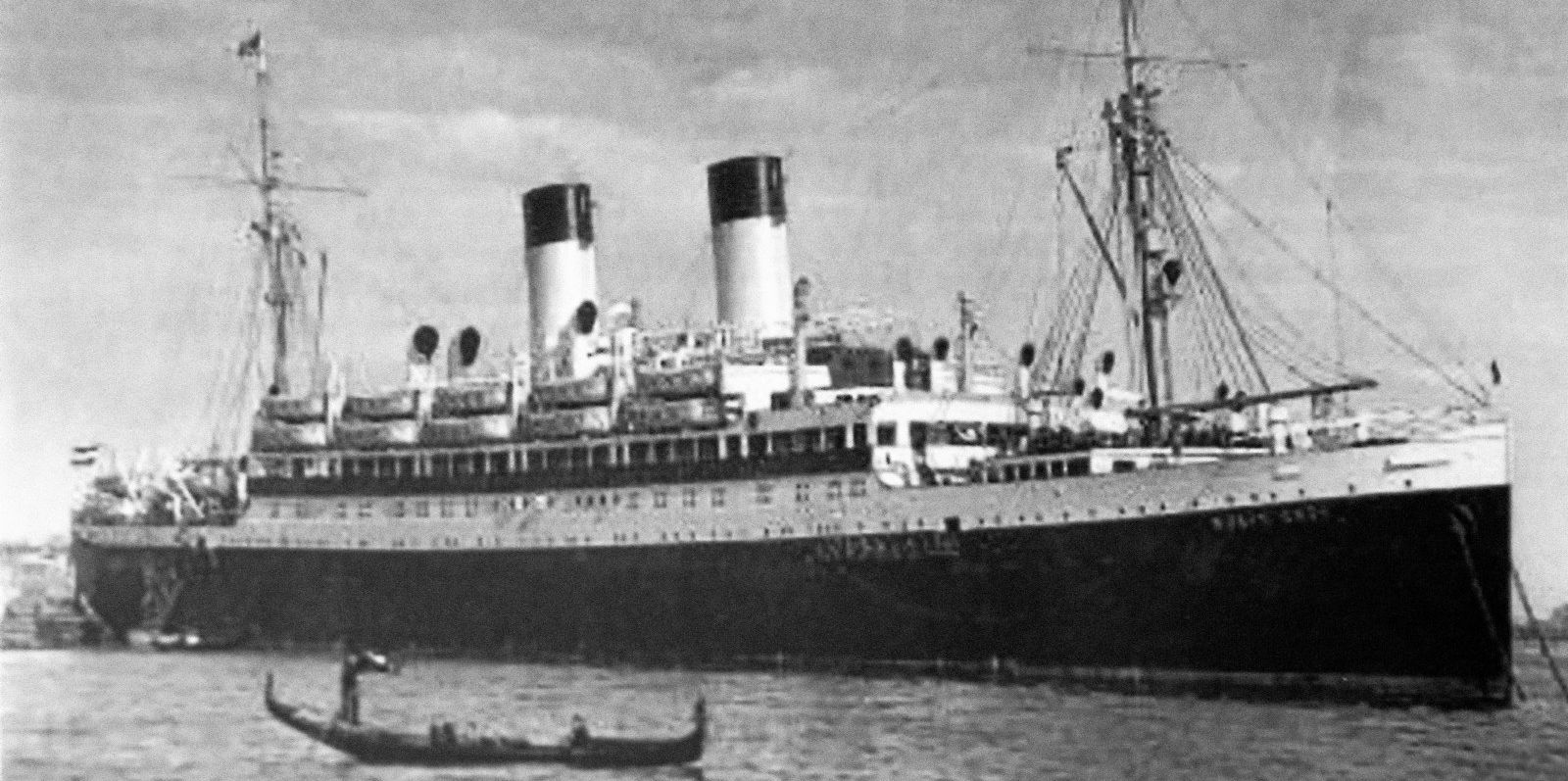Ince's global senior partner Julian Clark believes he has a way into talks with the UK government over a project to salvage the anchor of the historic liner Empire Windrush.
The UK law firm is part of a project to provide a permanent monument to the Windrush Generation, the Caribbean immigrants who arrived on the liner to help rebuild the country after World War II.
The vessel sank in 1954 and funds are now needed to mount a recovery expedition off Algeria, led by explorer David Mearns.
Clark told TradeWinds he has "got a line into" UK transport minister Grant Shapps.
"David asked me if we had done some high-level legal consultation process with him," he added.
But the two had met at London International Shipping Week in 2019, when Clark's band played a cover of London Calling by UK punk band The Clash.
"I was sat at the table afterwards and this guy comes up looking very MI5 with an earpiece in and said, Mr Clark, the secretary of state would like to speak to you," Clark said.
Ince calling?
"I was like, what? But suddenly you saw Grant Shapps being escorted to my table, and he sat down and went "I love the Clash!", he explained.
"We had this big chat about the Clash. Now we're trying to get a meeting with him," the lawyer added.
Politics in an unavoidable part of the Empire Windrush story, of course.
Shapps is part of a Conservative government that was hit by a scandal in 2018 when it was revealed that the UK had wrongly detained, deported or threatened with deportation many UK citizens of Caribbean origin who arrived on the ship.
Many lost homes and jobs and were denied access to healthcare and benefits.
'Soul-destroying'
Clark told TradeWinds: "It was soul-destroying for me, the whole Windrush scandal."
He added the anchor project is "all about celebration and saying thank you, we have such a debt of gratitude to that generation. They saved the country."
The project also ties in to the Black Lives Matter movement and the debate about the removal of statues of figures linked to the slave trade in the UK.
"There's all this debate about pulling down this statue, or don't put that statue there," Clark said.
"Why don't we get a monument that is actually for the people, that actually says something?" he asked.






